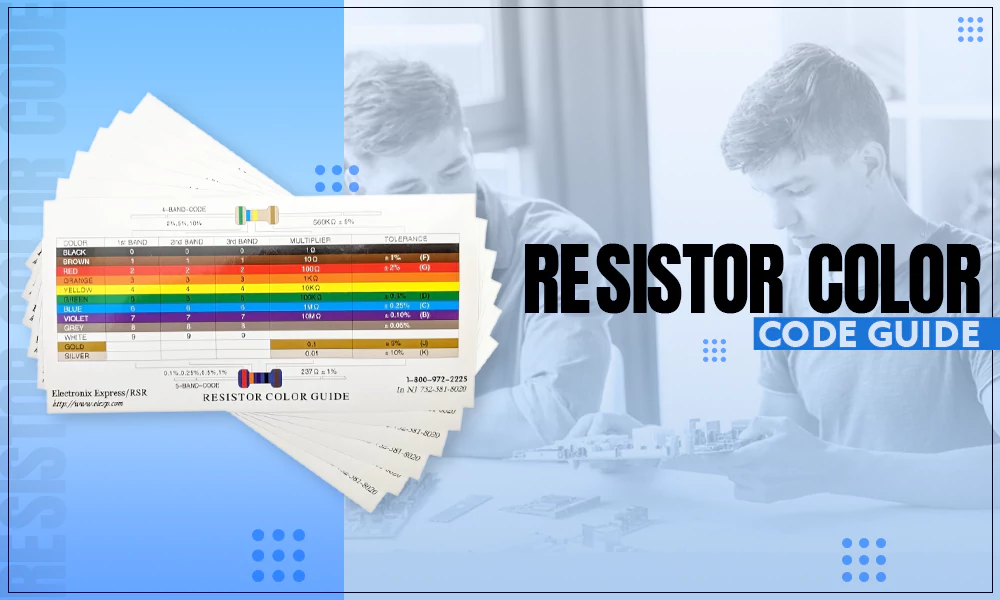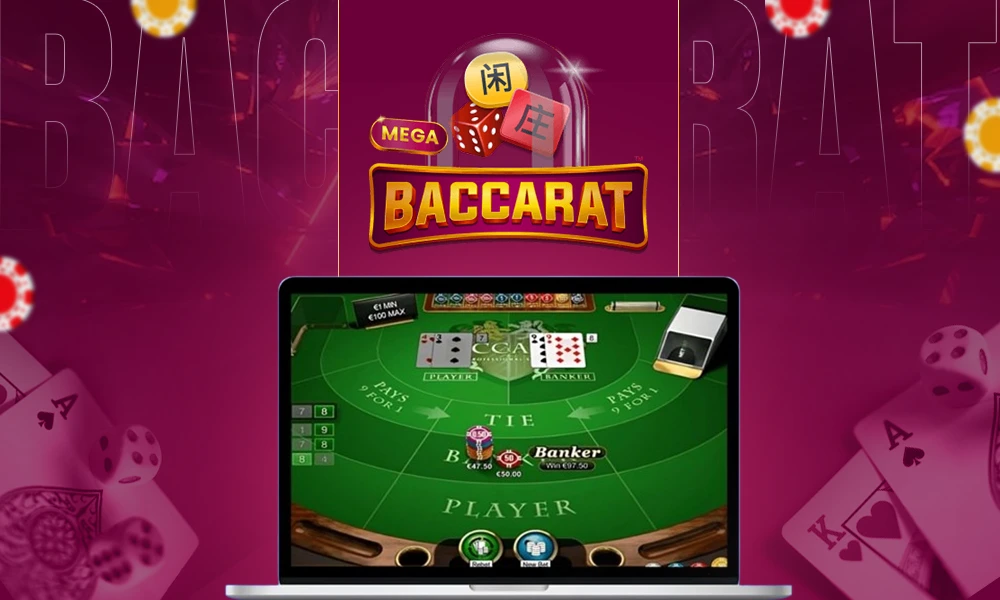A State-by-State Overview of NIL Compliance

June 2021 was a major turning point for college athletics. NCAA student athletes have long been fighting to receive compensation for their names, images, and likenesses. The Supreme Court case NCAA v. Alston opened the gates for them to do so. This case cited noncompliance with federal antitrust laws when declaring college athletes should receive compensation for NIL engagements and agreements. What does this mean for those who play sports in college?
Approval of the NIL Policy
When the Supreme Court ruling came down, the Division 1 Board of Directors put a policy into play regarding the use of an athlete’s name, image, and likeness. Under this policy, any NCAA D1, D2, or D3 student athlete would receive compensation when these items were used. However, students must abide by any state laws regarding NIL if their state opted to put laws into place. For this reason, a student-athlete must understand NIL compliance by state.
If the state does not have laws in place, the student athlete determines how they receive compensation. They must not violate any pay-for-play laws when doing so. In addition, they cannot receive any financial incentives for agreeing to sign with a program or remain with one.
Name, Image, and Likeness
A person has the right to promote a product or service, including their name, image, and likeness. For example, a company cannot photograph a student athlete and use this photo to promote their products or services without the permission of the athlete. In the past, the NCAA would allow companies to use a student athlete’s name, image, or likeness and receive payment for allowing these companies to do so. The student athlete received no monetary compensation, which was at the heart of the lawsuit.
High School Students
High school students are now looking to see if they can monetize their NIL before they attend college. NCAA rules currently say they can do so. Nevertheless, student athletes must also look at their high school or association rules. Failing to do so could lead to them being declared ineligible within their school or sport.
Numerous high school associations have shared their positions regarding the NCAA NIL policy. However, an association may change its position at any time. It falls on the student-athlete to remain informed regarding what is and is not permitted. In July 2021, the National Federation of State High School Associations stated high school athletes were not permitted to make money from their NILs.
School-Specific Rules
In addition to state laws, student-athletes must also know the individual school’s position on NIL deals. The school has the right to oversee any NIL deal and object to it if the school believes the deal conflicts with an agreement already in place. The student athlete must know their school’s policy. They must also let the school know of any NIL arrangements they make.
Monetizing One’s NIL
If student-athlete wishes to monetize their NIL, they will need help in doing so. Certain companies now offer these services. However, the athlete should also work with their coaching staff and others to ensure the information they are provided is accurate. No student wants to find they are ineligible to play sports because they were given the wrong information. The NCAA has the means to close in on these violations, thanks to a new law that has been put into place.
Student-athletes receive protection under the NIL laws that have been put into place. However, they must comply with these laws or face penalties. A student-athlete may wish to seek legal advice before proceeding with any NIL deal. Doing so ensures they have accurate information and can make an informed decision about whether a deal is right for them.










